As a Nigerian applicant, the prospect of a visa interview can be intimidating. The outcome of this crucial meeting can make or break your chances of traveling abroad for education, work, or other purposes. To increase your chances of success, it’s essential to be well-prepared for the interview. In this article, we’ll share valuable tips and insights to help you prepare and boost your confidence, ensuring you’re ready to make a positive impression on the consular officer.
Understanding the Visa Interview Process
Before we dive into the preparation tips, it’s essential to understand the visa interview process. A visa interview is a crucial step in the visa application process, where a consular officer assesses your eligibility for a visa. The officer will ask you questions to determine your intentions, qualifications, and ability to comply with the visa requirements.
📌 Read More
Pre-Interview Preparation
1. Research the Visa Requirements: Familiarize yourself with the visa requirements for the country you’re applying to. Understand the eligibility criteria, documentation needed, and any specific requirements for Nigerian applicants.
2. Gather Required Documents: Ensure you have all the necessary documents, including a valid passport, birth certificate, academic certificates, and financial documents. Make sure your documents are up-to-date and valid.
3. Practice Your English: If you’re applying for a visa to an English-speaking country, practice your English language skills. This will help you to communicate confidently and clearly during the interview.
4. Understand Your Travel Plans: Be clear about your travel plans, including your itinerary, accommodation arrangements, and financial plans. This will demonstrate your preparedness and responsibility.
5. Prepare Your Finances: Ensure you have sufficient funds for your trip, including money for tuition fees, living expenses, and other costs. Be prepared to provide financial documents and explain your financial situation.
During the Interview
1. Dress Professionally: Make a good impression by dressing professionally and conservatively. This will show that you’re taking the interview seriously and respect the consular officer’s time.
2. Be Confident and Honest: Be confident and honest during the interview. Provide clear and concise answers to the officer’s questions, and avoid providing false information.
3. Show Enthusiasm and Interest: Demonstrate your enthusiasm and interest in the country, culture, and opportunities. This will show that you’re genuinely interested in visiting or studying in the country.
4. Provide Clear and Concise Answers: Provide clear and concise answers to the officer’s questions. Avoid providing unnecessary information or going off-topic.
5. Show Respect and Courtesy: Show respect and courtesy to the consular officer. Address them formally, and avoid arguing or becoming defensive.
Common Visa Interview Questions
Here are some common visa interview questions that Nigerian applicants may be asked:
1. What is the purpose of your trip?: Be clear about your travel plans and purpose. Explain why you’re visiting the country and what you plan to do.
2. How long do you plan to stay?: Provide a specific answer about your planned duration of stay. Explain your itinerary and accommodation arrangements.
3. What are your plans after your trip?: Explain your plans after your trip, including your return to Nigeria or further travel plans.
4. How will you support yourself financially?: Explain your financial situation and how you’ll support yourself during your trip.
5. Why do you want to study/work in this country?: Explain why you’re interested in studying or working in the country. Highlight the benefits and opportunities that the country offers.
Tips for Specific Visa Types
1. Student Visa: Be prepared to discuss your academic plans, including your course of study and career goals. Provide evidence of your academic qualifications and English language proficiency.
2. Work Visa: Be prepared to discuss your work experience, skills, and qualifications. Explain why you’re qualified for the job and how you’ll contribute to the country’s economy.
3. Tourist Visa: Be prepared to discuss your travel plans, including your itinerary and accommodation arrangements. Explain why you’re visiting the country and what you plan to do.
📰 Similar Posts
Post-Interview
1. Follow Up: If you haven’t received a decision within the expected timeframe, follow up with the embassy or consulate. This will demonstrate your interest in the outcome and help to resolve any issues.
2. Check Your Email: Check your email regularly for updates on your application status. Respond promptly to any requests for additional information or documentation.
3. Stay Positive: Stay positive and focused, even if your application is denied. You can reapply or appeal the decision, depending on the circumstances.
Preparing for a visa interview can be a challenging task, but with the right approach, you can increase your chances of success. By understanding the visa interview process, preparing thoroughly, and demonstrating confidence and honesty during the interview, you can make a positive impression on the consular officer. Remember to follow up on your application status, stay positive, and be prepared to adapt to any outcome. With persistence and determination, you can achieve your goals and travel abroad for education, work, or other purposes. Good luck!
Don’t Just Read the Article — Act on It!
Book a free call now and let’s help you with travel logistics, visa application, and relocation — so you can focus on winning the opportunity.
🚀 Book Your Free Call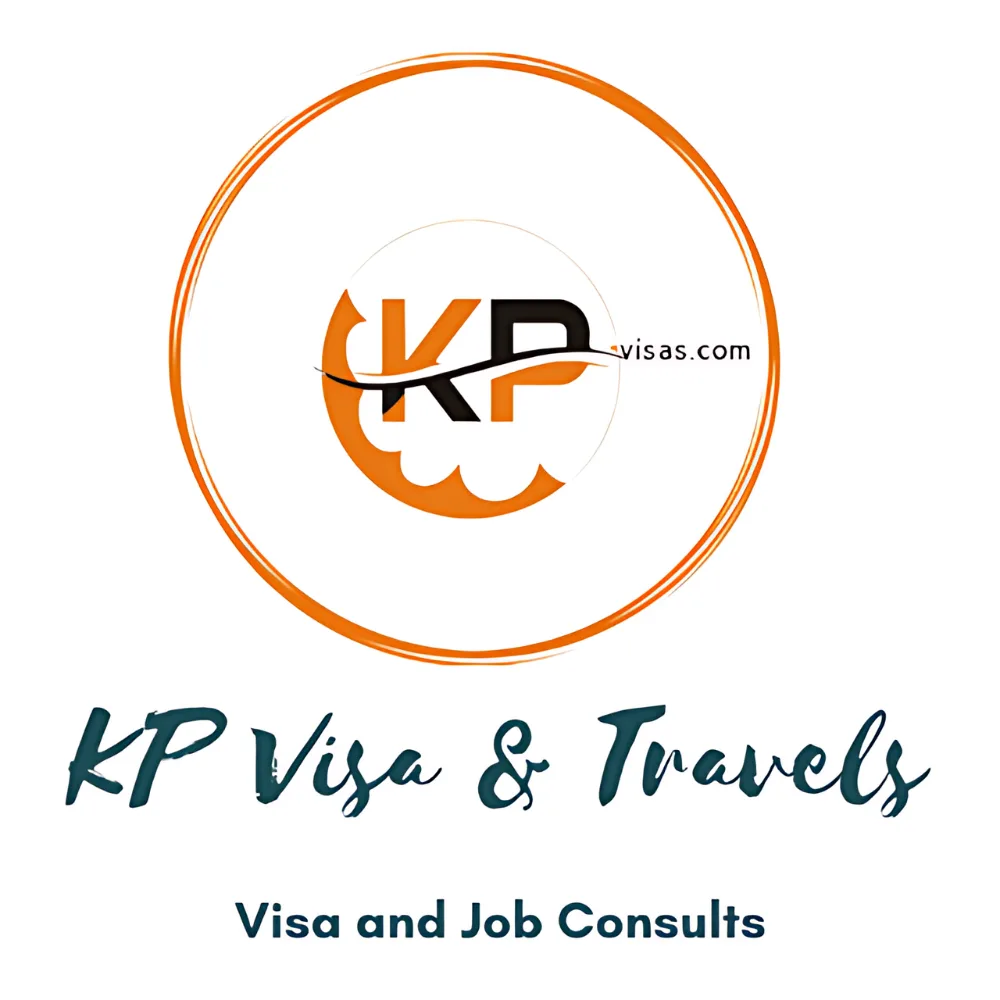


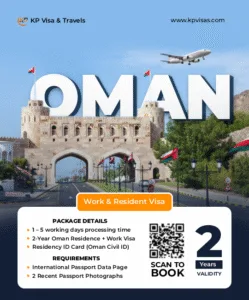
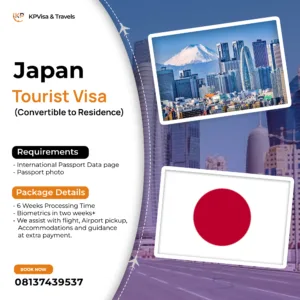
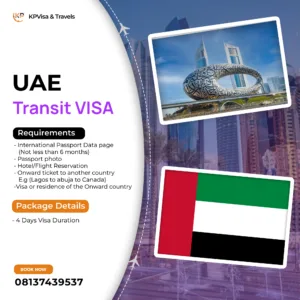
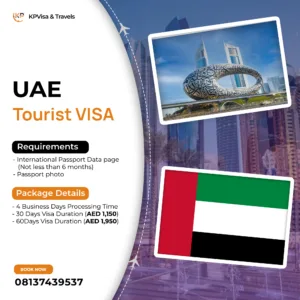
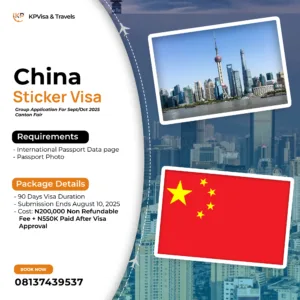
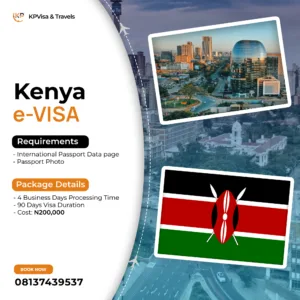
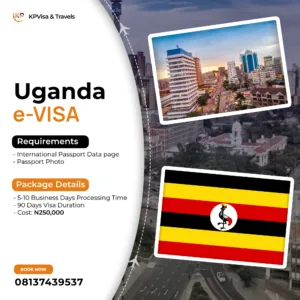
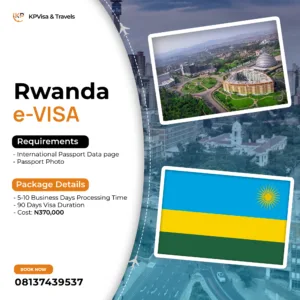
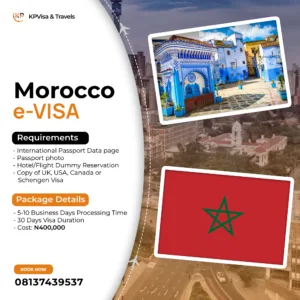
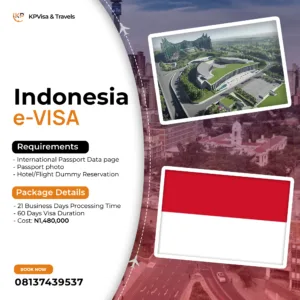
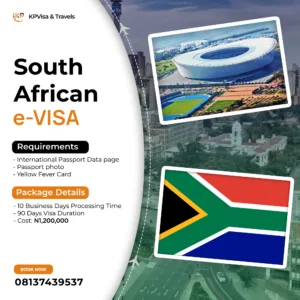
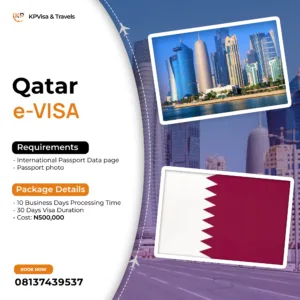
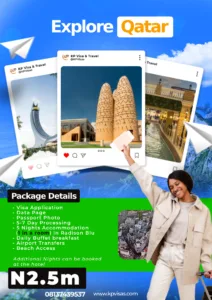
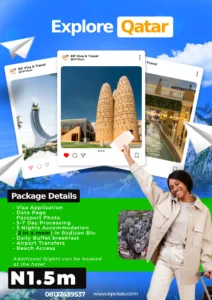
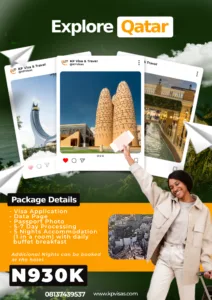
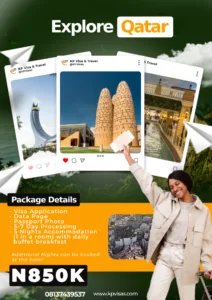
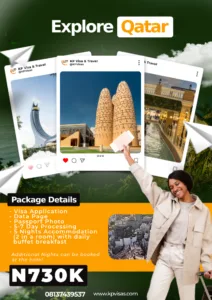
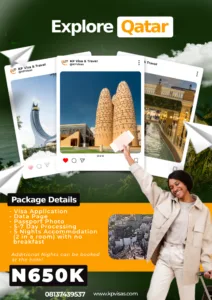

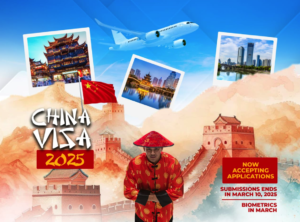




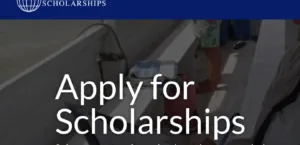
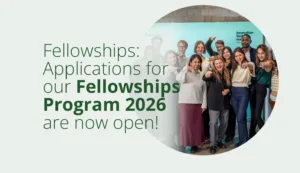


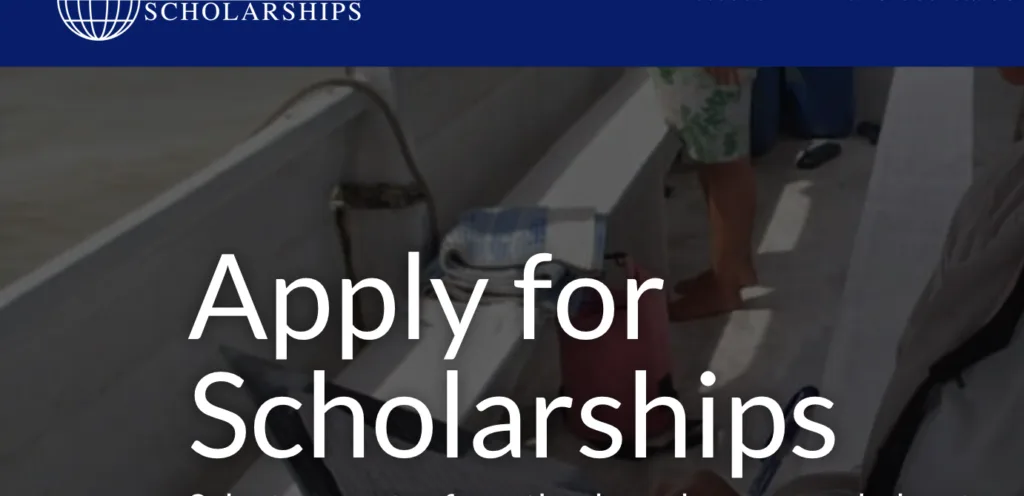
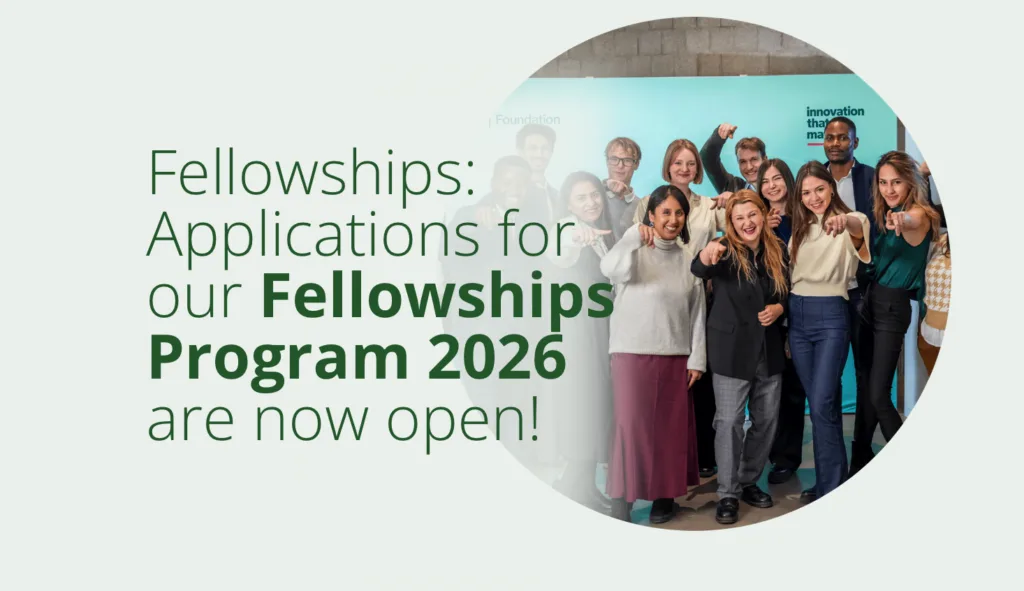


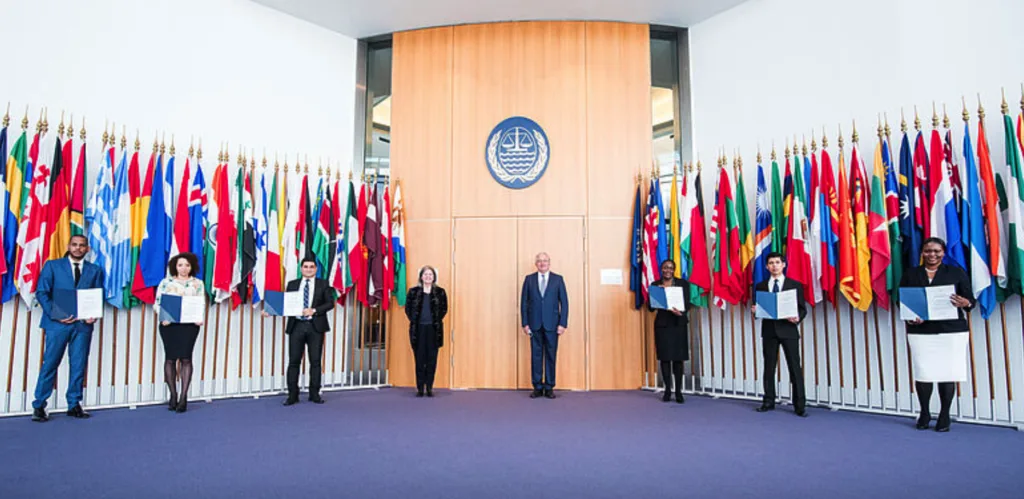

No responses yet